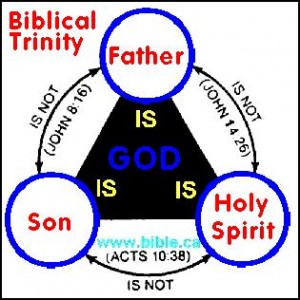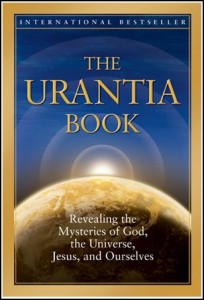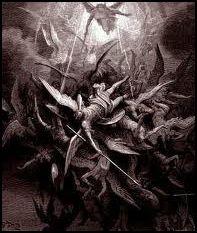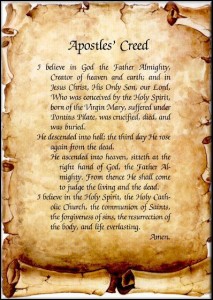The actual question was why is it that only the Father knows the day and the hour of Christ’s return. Let me begin answering this by saying The Trinity is one of the most, if not the absolute most, difficult concept in Christianity. It teaches that although God is a total unity (one!), within that unity there exists three  unique persons known as the Father, Son & Holy Spirit. This question can be resolved when we understand the “functional” differences in the persons of the Trinity. All three are fully God. All three are “in essence” completely equal. But each person has a different function. Let me show how this works out in God’s plan of salvation for all mankind. The Father’s role is seen in Scripture as the Source, the Sender, and the Planner of salvation. The Son on the other hand is the Means, the Sent One, and the Achiever of salvation. The Father sent the Son (John 3:16), the Father planned it but the Son accomplished it on Calvary’s cross for us all. The Father and the Son send the Spirit (John 15:26). Although there is much controversy over this issue, I believe the function filled by the Son represents a voluntarily subordinate role to the Father (See Philippians 2). The function fulfilled by the Spirit is a subordinate role to both the Father & the Son.
unique persons known as the Father, Son & Holy Spirit. This question can be resolved when we understand the “functional” differences in the persons of the Trinity. All three are fully God. All three are “in essence” completely equal. But each person has a different function. Let me show how this works out in God’s plan of salvation for all mankind. The Father’s role is seen in Scripture as the Source, the Sender, and the Planner of salvation. The Son on the other hand is the Means, the Sent One, and the Achiever of salvation. The Father sent the Son (John 3:16), the Father planned it but the Son accomplished it on Calvary’s cross for us all. The Father and the Son send the Spirit (John 15:26). Although there is much controversy over this issue, I believe the function filled by the Son represents a voluntarily subordinate role to the Father (See Philippians 2). The function fulfilled by the Spirit is a subordinate role to both the Father & the Son.
The Father is the planner, thus the knowledge of the coming of the end is His only. The Son is the Accomplisher (as we saw in His first coming and will see again in His second coming). The Holy Spirit is the Applier of salvation to believers. It is He who testifies concerning Jesus and convicts of sin, convinces of the need of salvation and is active in a person’s conversion.
My friend, Norm Geisler, explains that the subordinate roles of the Son and the Holy Spirit are eternal roles, not just temporary roles as well. He explains, “For example, the Son is an eternal Son (see Prov. 30:4; Heb. 1:3). He did not become God’s Son; He always was related to God the Father as a Son and always will be. His submission to the Father was not just for time but will be for all eternity.” 1 Corinthians 15:24 & 28, makes this clear. It says, “Then the end will come, when he (Jesus) hands over the kingdom of God the Father after he has destroyed all dominion, authority and power … When he has done this, then the Son himself will be made subject to him who put everything under him, so that God may be all in all…”
Chuck
“…but made himself nothing, taking the form of a servant …he humbled himself by becoming obedient to the point of death, even death on a cross.” Philippians 2:7-8







